EU hikes imports of Vietnamese fruits, nuts
Vietnamese mango, pistachio, pineapple, and coconut exports to the European Union jumped between 41% and 200% year-on-year in the first four months.
Mango topped the list of fruits and vegetables exports to the bloc at US$27.6 million, up 54%, followed by pistachio at $17 million, a 90% rise.
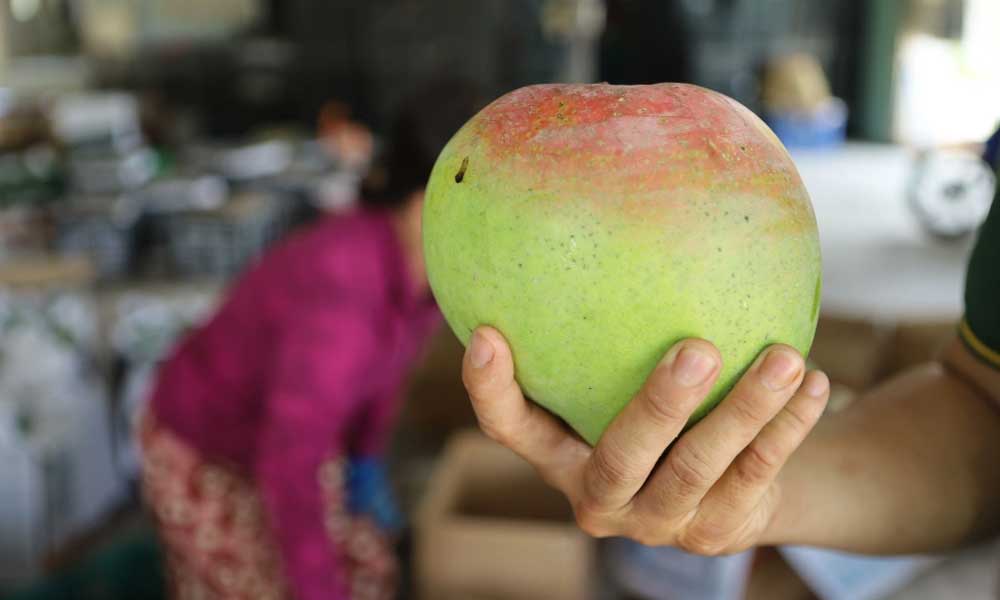 |
|
A farmer holds a mango in Khanh Hoa Province, central Vietnam in May 2021. |
Pineapple exports surged 200% to $11 million, while coconut grew 41% to $10 million.
The Netherlands led E.U. importers, purchasing nearly $37 million worth of Vietnamese produce, accounting for 28% of total exports to the bloc.
Poland’s imports doubled from last year, while Spain saw an 83% increase. Germany and France also reported double-digit growth in imports.
Total fruit and vegetable exports surged by a third to $132 million.
Vietnamese fruits and vegetables are increasingly favored in the E.U., said Dang Phuc Nguyen, general secretary of the Vietnam Fruit and Vegetable Association, adding that the recovery of consumer demand in the region post-pandemic has been a key driver of exports.
Additionally, reduced fruit production in some E.U. member states due to unfavorable weather has increased reliance on imports.
The tariff advantages from the Vietnam-EU Free Trade Agreement have also played a significant role.
"The agreement has eliminated or reduced tariffs on many fruits, giving Vietnam a competitive edge over countries without trade agreements with the E.U."
Last year, Vietnam’s agricultural exports to the E.U. hit a record $4.21 billion, with fruits achieving double-digit growth due to robust demand.
The Vietnam SPS Office emphasized that the EU’s trend toward green consumption, favoring organic and certified products, offers significant opportunities for Vietnamese produce.
Vietnam’s climate supports the cultivation of tropical fruits like dragon fruit, mangoes, passion fruit, lychees, and longans—items the EU cannot produce domestically.
The Vietnam Sanitary and Phytosanitary Notification Authority and Enquiry Point said that the E.U.’s trend toward green consumption, favoring organic and certified products, offers significant opportunities for Vietnamese produce.
Vietnam’s climate supports the cultivation of tropical fruits like dragon fruit, mango, passion fruit, lychee, and longan—items the E.U. cannot produce domestically, it added.
But it also said that the bloc imposes stringent quality and safety standards. Exports must meet sanitary and phytosanitary regulations regarding food safety, quarantine, additives, and pesticide residue.
Bui Xuan Hoang Henry, general director of Hoan Vu Inspection Center, said that exporters and testing units are closely collaborating with farmers from cultivation to packaging to ensure the quality of agricultural products.
"Quality control is implemented throughout this season, enabling fruits to increasingly meet the E.U. market’s strict standards."
 Bắc giang
Bắc giang

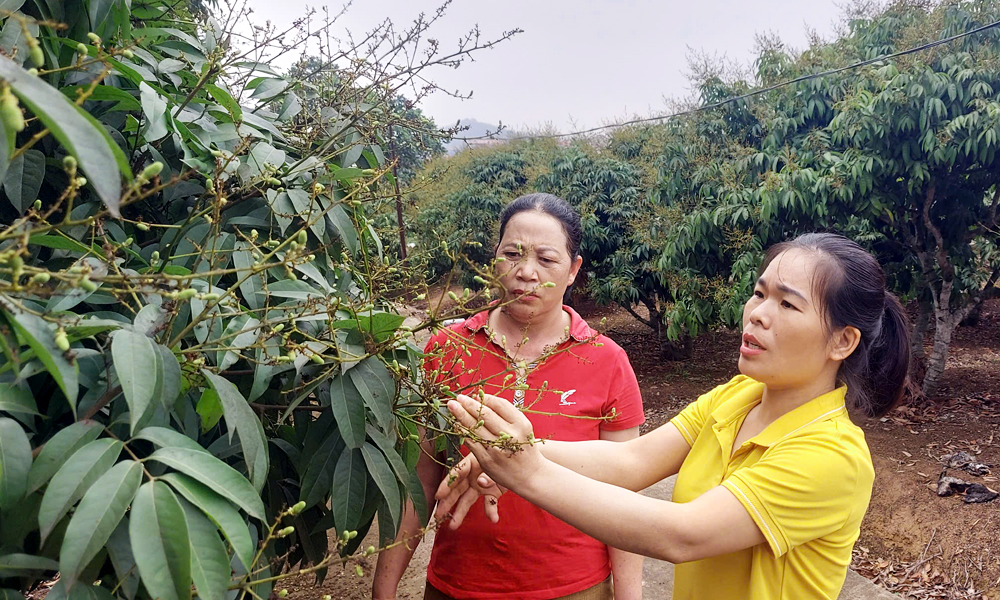




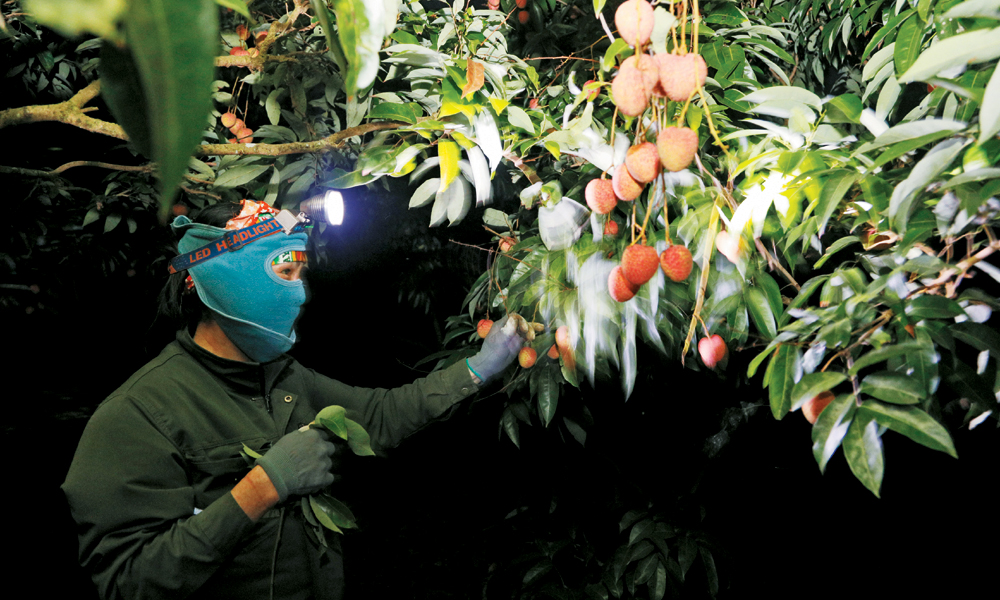
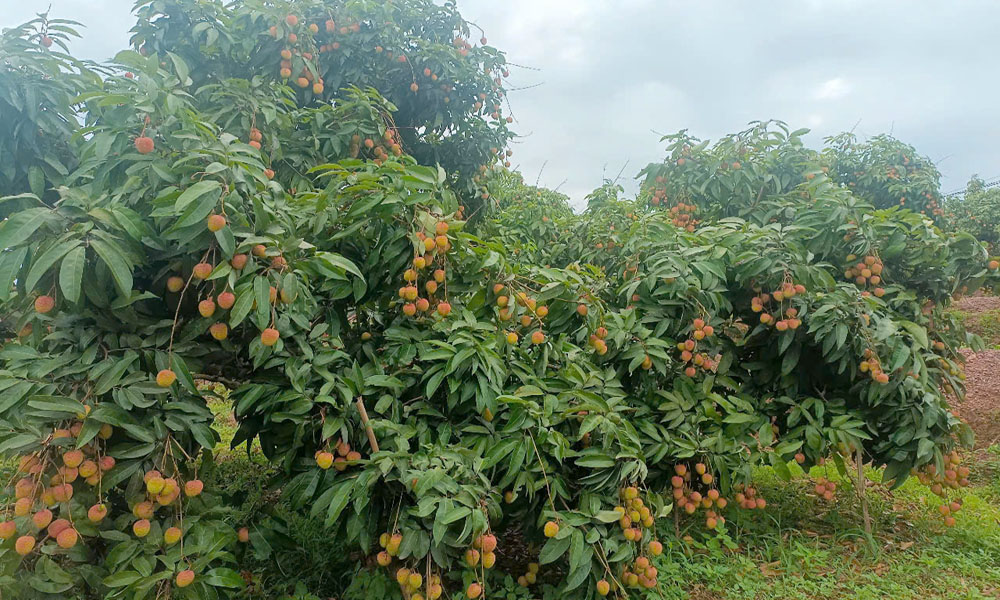
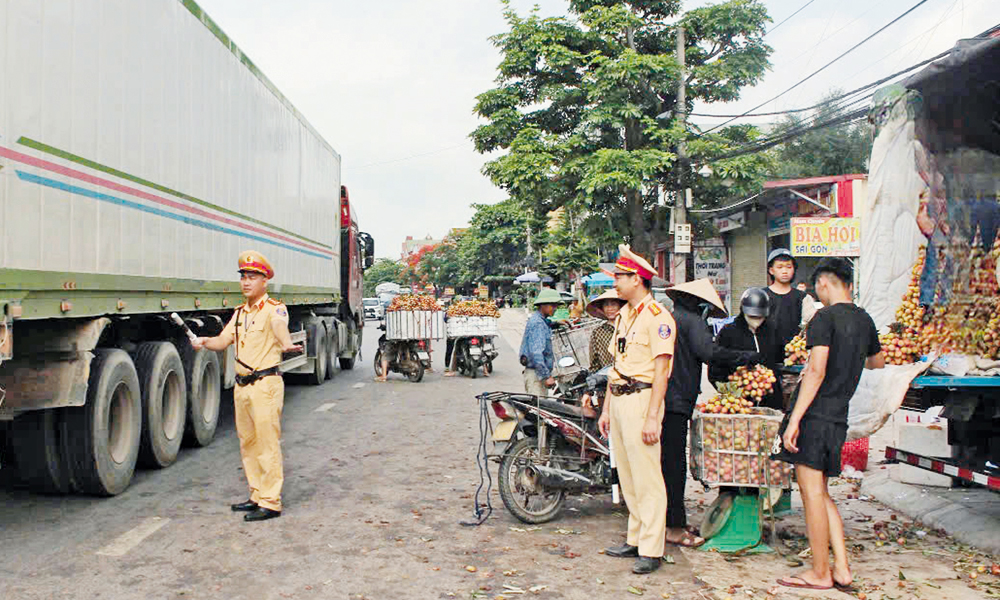
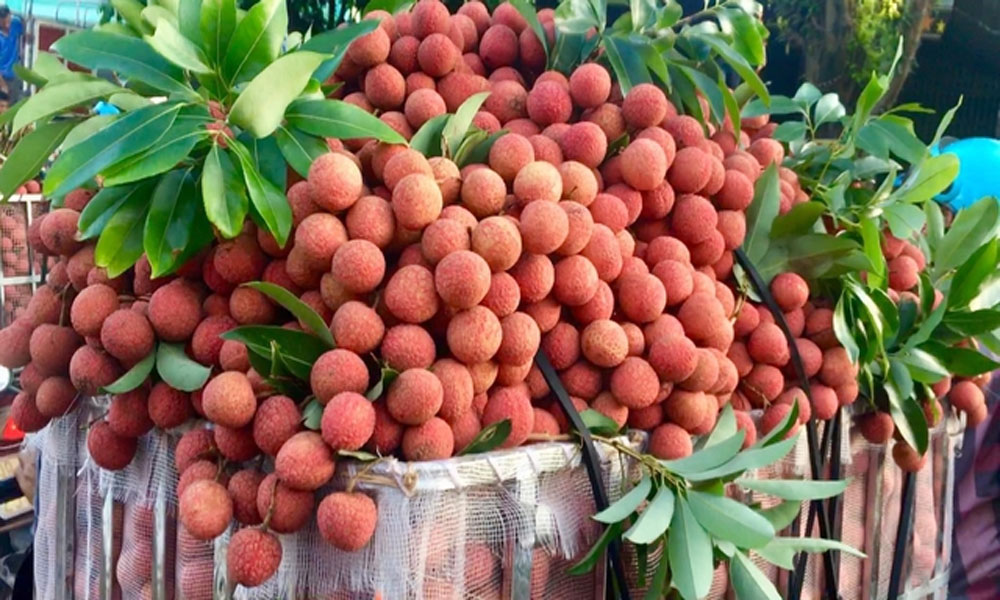

Reader's comments (0)